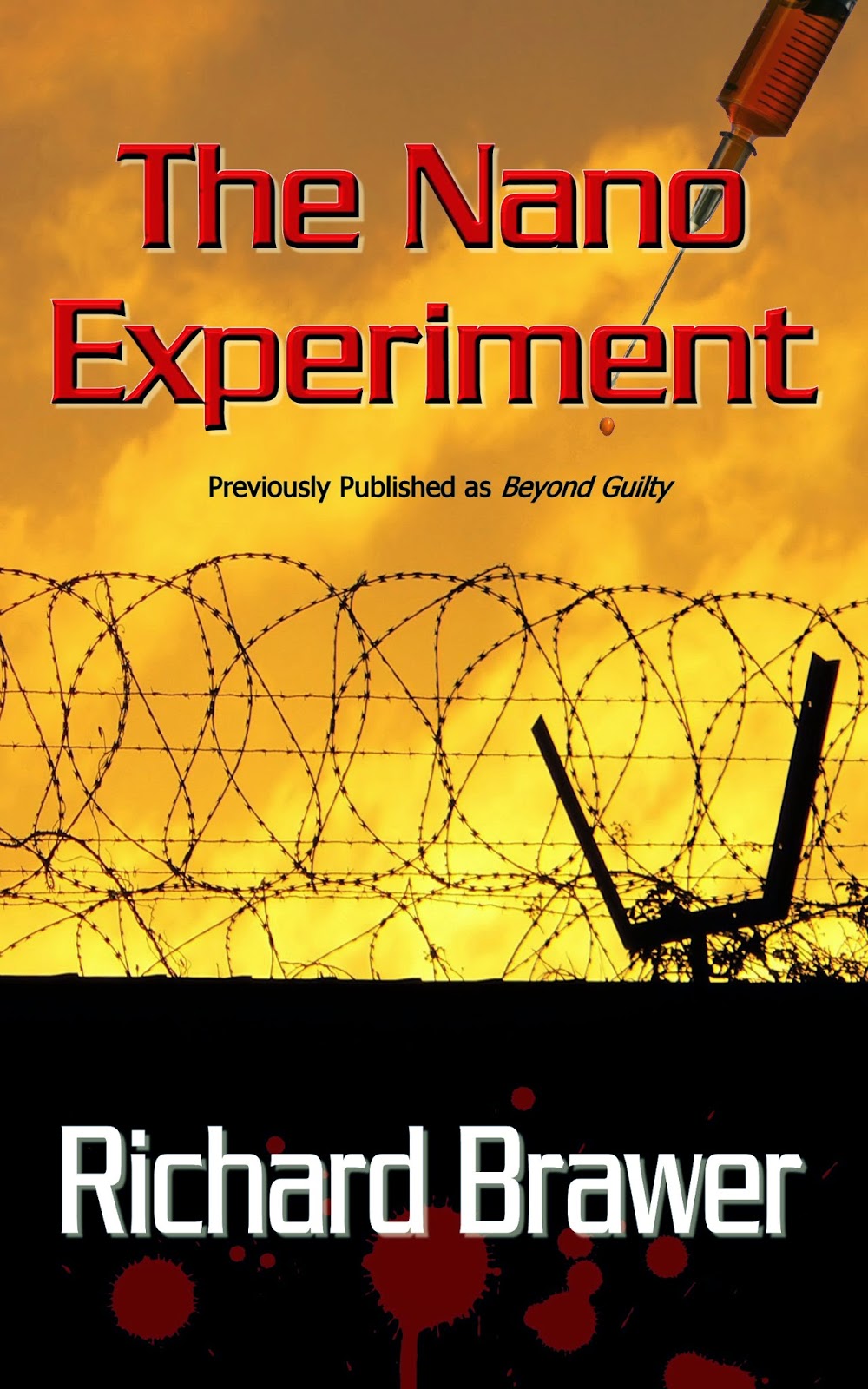Today, every radio and television broadcast warns that the Northeast portion of the United States is bracing for a humongous snowstorm, which could dump 2-3 feet of snow that way. Fortunately, here in Illinois, we're only expecting about one inch of snow.
Weather can and should play a role in our novels. Characters live in a world, which in many ways is governed by weather and seasons. That's not to say weather completely controls humans, but it can play a huge part in their behavior and day-to-day activities.
For some reason, fuses are shorter in the hot months, and more fights and murders occur. I'm not sure why tempers flare then, but suspect it may be a physiological phenomenon. Even if that weren't so, keep in mind it's easier to get around and do nefarious things when there's no snow, ice, or cold blocking the way.
Of course, cold, snowy winters also have their advantages. Nefarious happenings can go unnoticed when no one else is around. People like to hunker down in their homes then and not venture out unless necessary, or if attacked by a case of cabin fever. Also, snowbanks can be handy spots to hide bodies, not to be discovered until after a thaw.
In my romantic suspense, Killer Career, a snowstorm brings the heroine and hero closer together romantically, after they work in tandem to clear her driveway. The weather also furthers the mystery plot. When the neighbor comes over to ask if they've seen her dog, they search the lady's yard, and at first are hindered because snow has obliterated the paw prints.
 |
| http://amzn.com/B00R20N0B2 |
In my sweet romance, Christmas Carol, a snowstorm brings about a chance meeting between a waitress and a big-time author in a small town.
What other examples can you think of where weather plays a role in a novel?

Morgan Mandel writes mysteries, thrillers and romances. You can find her at:
http://www.morganmandel.com
http://morgansbooklinks.blogspot.com
Amazon Author Page:
http://www.amazon.com/MorganMandel
Facebook: http://www.facebook.com/morgan.mandel
Twitter: @MorganMandel






.jpg)



